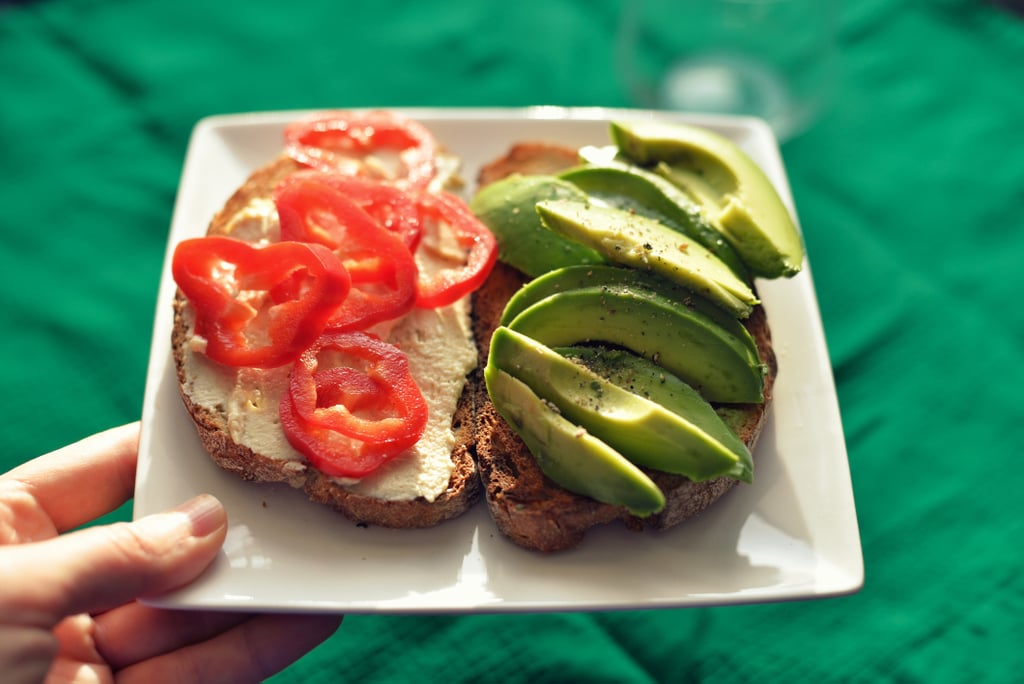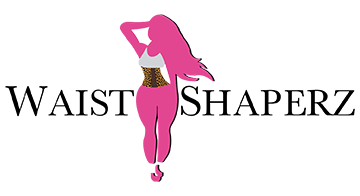Date
October 24 2018
Written By
doris maldonado
If You Want to Ditch Your Belly Fat Forever, Avoid These 9 Mistakes
Written By doris maldonado - October 24 2018
All Credits go to Jenny Sugar

Stress, genetics (Thanks, Mom!), and the types of food you eat all play a role in accumulating belly fat. If you've been struggling to lose fat in this area, we asked some experts to weigh in on the biggest lifestyle mistakes that lead to fat around your middle. After reading through this list of diet and fitness don'ts, you can start making some changes to ditch your belly fat for good.
You Don't Monitor Your Calories
Eating in a calorie surplus can lead to greater fat deposits, including around the belly, Seattle-based registered dietitian nutritionist and Arivale Coach Ginger Hultin, MS, CSO explained. You want to follow a diet with appropriate calories for your needs. "Caloric needs are based on numerous factors, but the most important ones for a healthy individual include gender, age, weight, height, and activity level," added Stephanie Ferrari, a registered dietitian with Fresh Communications.
Everyone is different, so in order to find out how many calories you need, meet with a registered dietitian who can assess your lifestyle and health history to make recommendations. If you've never tracked calories before, do it for a few weeks so you can be certain you're hitting your daily goal. If you are looking for a good place to start, use this formula to calculate how many calories you should eat in a day to lose weight.

You Do the Wrong Kind of Cardio
If you do like cardio, skip the hours on the treadmill or bike and do high-intensity interval training (HIIT) workouts. They're the most effective type of cardio proven to target belly fat. It not only works, but it saves you time at the gym.

You Drink Your Calories
If you drink wine, beer, fresh-pressed juices, smoothies, specialty coffee drinks, and soda, that can add up to hundreds of extra calories a day. Alcohol and soda are the worst because they offer no nutrition — sugar and just empty calories.
Hultin said that drinking alcohol won't help you reduce belly fat. "Excessive alcohol will cause the liver to stop metabolizing fat and carbohydrates in order to get the alcohol metabolized first," added Vermont-based registered dietitian nutritionist Maddie Kinzly MS, LD. This leads to the storage of more fat in your body (and your belly), so if you give up one calorie-dense beverage, definitely limit the wine, beer, and cocktails.
You Eat Sugar and Refined Carbs
You already know that eating junk food won't help you lose weight but knowing why might make it easier to pass up. Processed carbs and sugary foods such as ice cream, crackers, and white bread spike your insulin levels, which causes weight gain. Keeping your insulin levels low will help you reduce your overall body fat percentage and that means belly fat.
Aside from being high in carbs, these foods also tend to be high in calories. That's not the only problem; eating them doesn't offer your body any nutrition, so you end up feeling hungry and more likely to eat more. Eating sugary foods also increases your cravings, another contributor to overeating.
It's OK to enjoy sugary treats and processed carbs every once in a while, but if you cut down on these types of food, you'll definitely notice a difference in how you feel and how your belly looks.

You Don't Strength Train
Aside from healthy eating habits, Kinzly suggested utilizing exercise to help decrease belly fat. Many experts agree that cardio shouldn't be your main focus. Incorporate strength training to increase your muscle mass to burn more calories and speed up your metabolism. Aim for at least three sessions a week, include all parts of your body, incorporate different exercises, and use a variety of equipment.

You Only Work Out Once a Day
Strenuous workouts aren't essential for losing body fat since diet plays such a huge role. But moving throughout the day and increasing NEAT (non-exercise activity thermogenesis) is one way to burn extra calories to help decrease your overall body fat percentage. Getting in at least 10,000 steps can absolutely help you burn extra calories and lose belly fat.

You Overdo It on the Post-Workout Snack
Many people have the mentality that "I worked out so I can eat what I want." Jade Jenny, head CrossFit coach and owner of Champlain Valley CrossFit shared that "reducing belly fat ultimately comes down to how you eat."
Daily calorie amount is what matters. If you chow down on a post-workout "snack" that has twice as many calories as your workout burned and it puts you over your daily calorie amount, you'll gain weight.
After a workout, go for something small that's around 150 calories. Make sure it offers protein and carbs to refuel and aid in healing and keep you satiated until your next meal.

You Don't Eat Enough Protein
If your meals and snacks are mostly carbs, you'll end up feeling hungry soon after you eat. Kinzly suggested focusing on lean protein at every single meal to build muscle and satiate hunger.
For protein, you need about 0.8 to 1.8 gram per pound of body weight, depending on how active you are. A good rule of thumb is to aim for 20 to 30 grams per meal of lean protein from sources that are low in saturated fats and processed carbohydrates. "This doesn't necessarily mean eat more meat," Kinzly explained. "There are many plant foods that contain protein, including grains, beans, legumes, nuts, and vegetables."
You Eat All Day
Eating from the time you wake up until the time you go to bed makes you more likely to over-consume daily calories, which will lead to weight gain. If you want to lose belly fat, you might want to try intermittent fasting (IF).
IF involves not eating (aka fasting) for part of each day or a few times a week. One common example of this is to eat during an eight-hour window in a day and fast for the other 16. When your body doesn't have a constant energy source from the food you eat, it allows your body to utilize the fat stores it already has, which helps you lose belly fat.
Ferrari and Luiza Petre, MD, a weight-loss specialist and board-certified cardiologist, told POPSUGAR that intermittent fasting raises growth hormone levels and lowers insulin levels, both of which help burn more fat. "Insulin decreases when you fast, and lower levels of insulin results in burning more fat," Ferrari added.
Eating in a shortened window not only reduces hunger (it's true!), but since you're not eating for long periods of time, there are fewer opportunities to consume calories, which is why IF helps people eat fewer calories effortlessly.

Comments
0 Comments